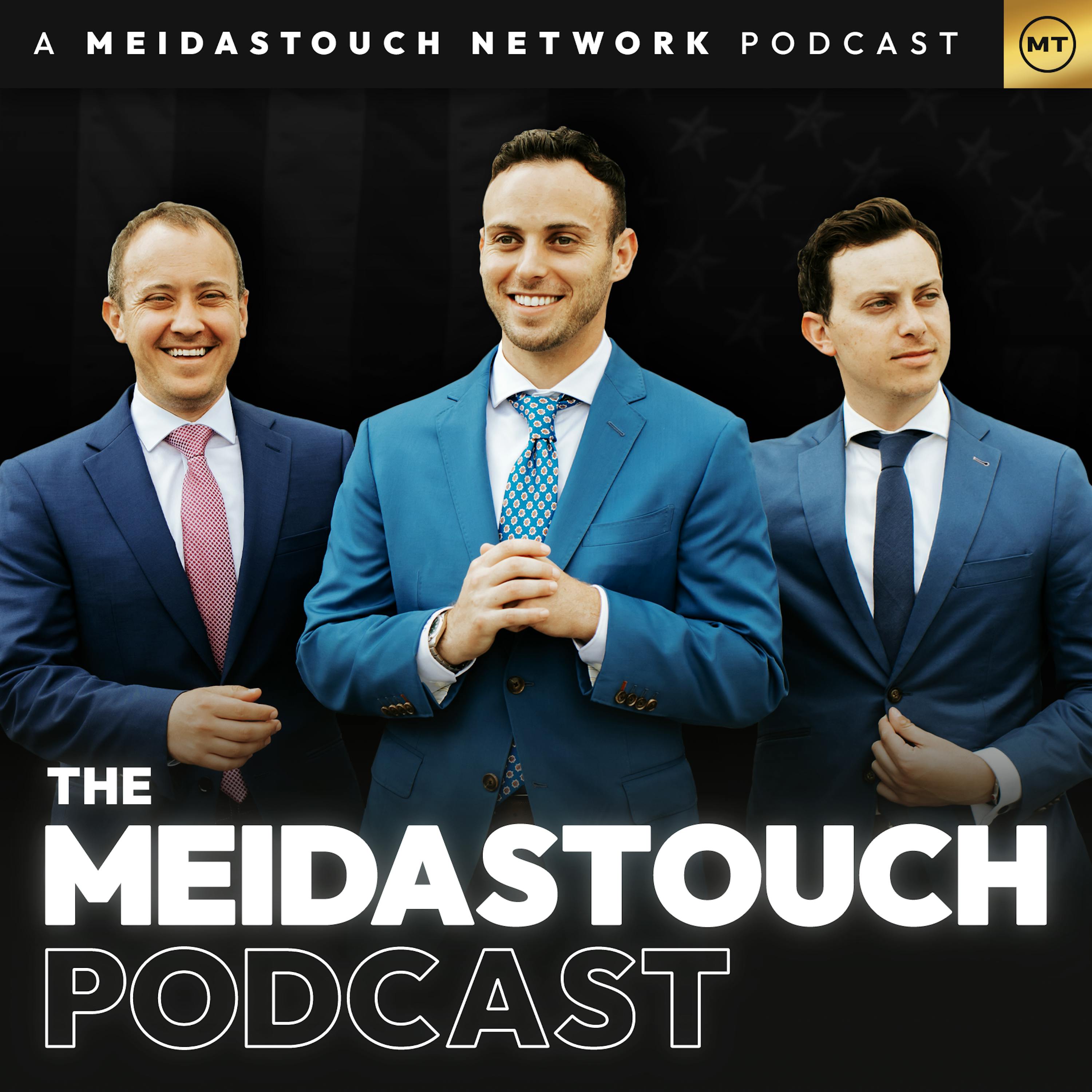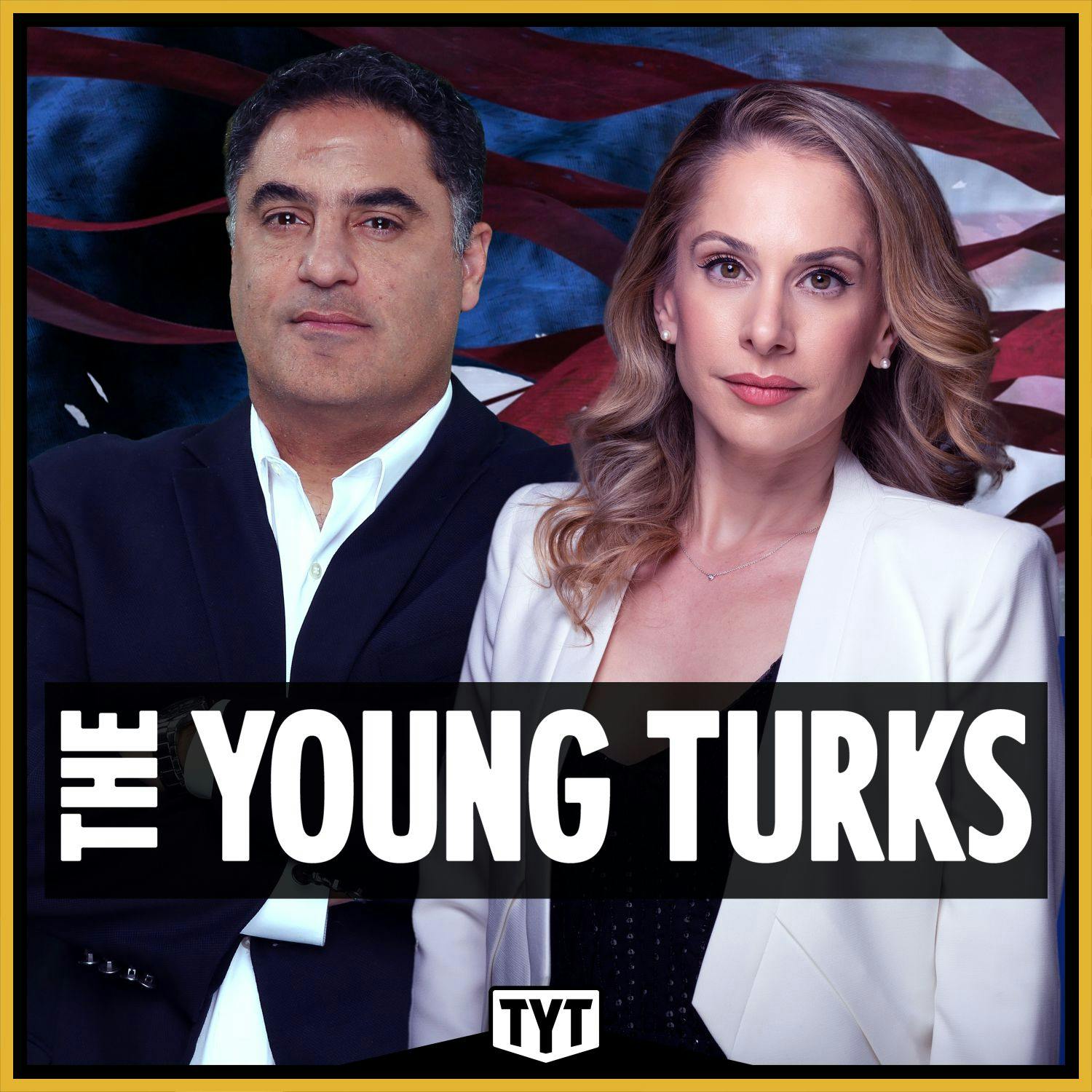PortalsOS
Related Posts
Vote to see vote counts

The Trump administration's acquisition of stakes in American companies is seen as a creative financial solution.

The Trump administration's proposed peace deal with Israel was altered after meeting with Israeli officials, undermining the potential for a fair agreement with Palestine.
Richard Gurnell, who's negotiating peace with Venezuela, seems to be encouraging oil companies to take over Venezuela and possibly egging on a coup. This isn't peace; it's a strategic move for control.
Marco Rubio, as Secretary of State, is pushing for a more aggressive strategy against Venezuela, despite his role being to prevent war. This shift towards military conflict highlights the influence of neoconservative agendas.
Machado's nomination for the Nobel Peace Prize by Florida Republicans, including Marco Rubio, highlights the complex political dynamics and U.S. interests in Venezuela.

Premier Ford suggests cutting off energy exports to the United States to make them feel economic pain and force a more favorable trade deal.

Aaron David Miller, a longtime diplomat, praised President Trump's approach to the Israel-Hamas peace negotiations, highlighting his willingness to pressure both Israeli Prime Minister Netanyahu and Hamas. This strategy is seen as a departure from previous U.S. efforts, which were often perceived as biased towards Israel.

The U.S. foreign policy approach in Latin America often involves economic leverage. Countries that cooperate with U.S. corporations receive financial aid, while those that don't face sanctions, leading to economic hardship and political instability.

There's still a lot that's up in the air about Trump. And negotiations on the second phase of the deal will focus on disarmament of Hamas, which has been a sticking point.

The Trump administration is accused of making deals that benefit allies, such as allowing UAE access to AI computer chips in exchange for crypto riches, despite national security concerns.